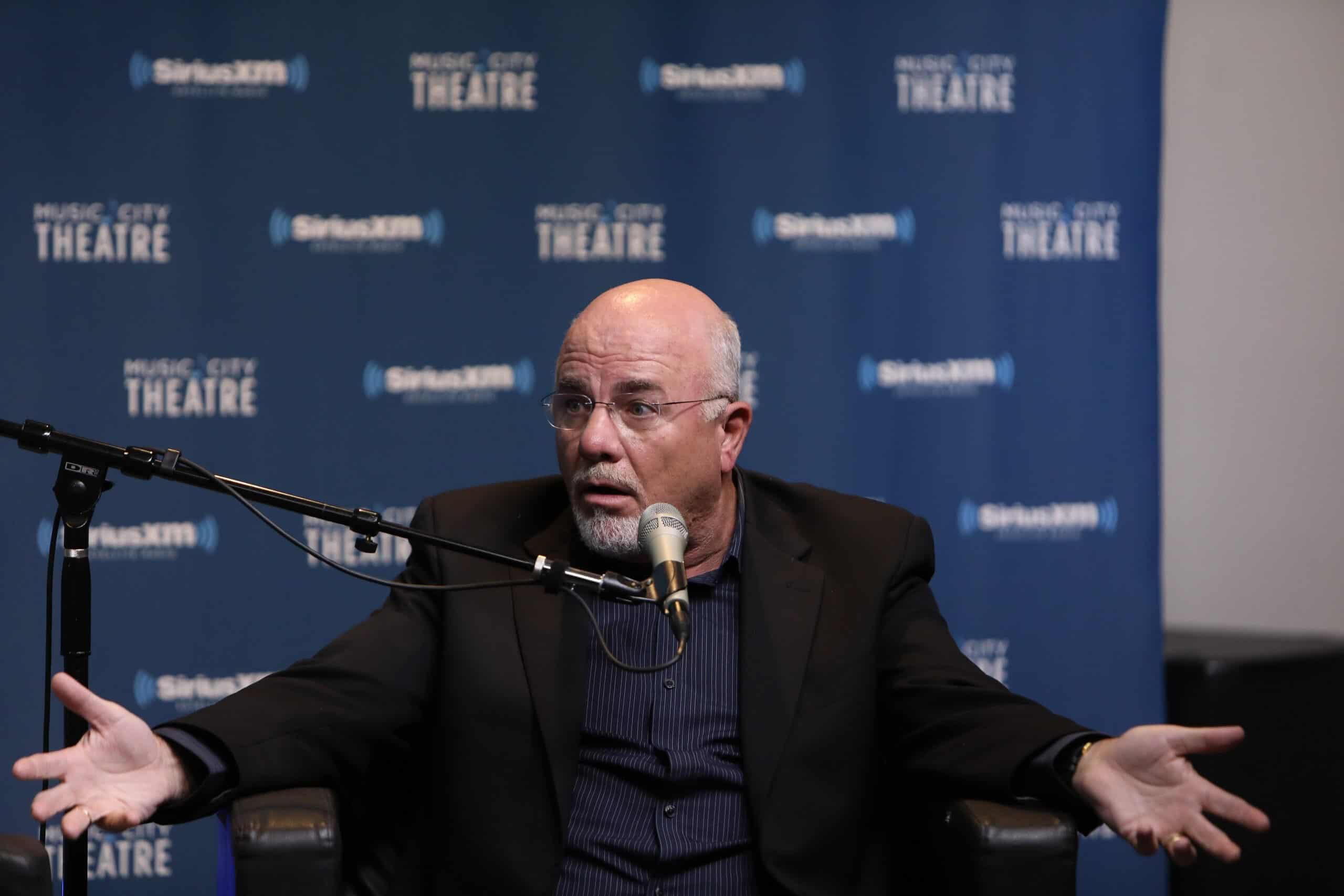3 States Want the Bible In Public Schools. Will Christians Like the Results?
Back in the frontier days, a lot of American kids went to school in a one-room schoolhouse that doubled as a church on Sundays. The main textbook, and likely the only book most people had at home, was the Bible. With every student being some variety of European, that raised no alarms with the principle of […] The post 3 States Want the Bible In Public Schools. Will Christians Like the Results? appeared first on 24/7 Wall St..
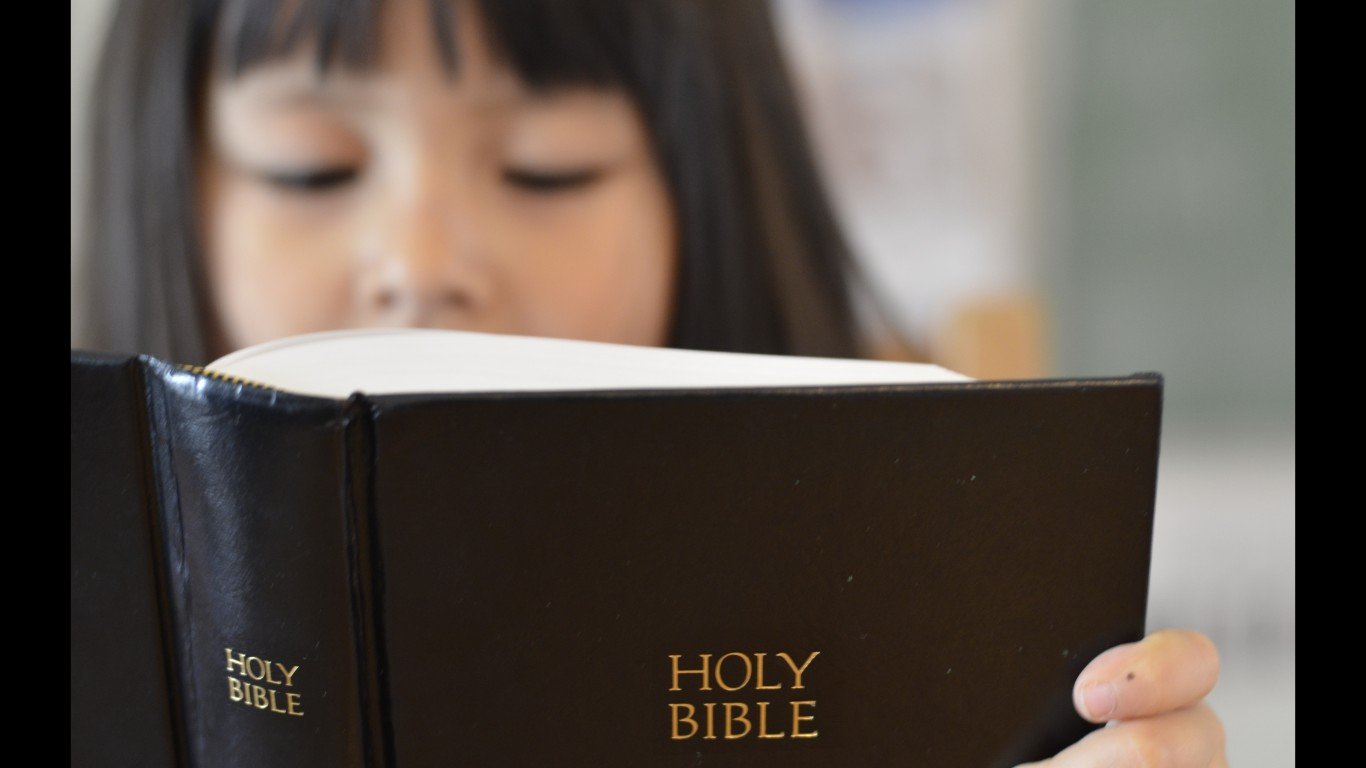
Back in the frontier days, a lot of American kids went to school in a one-room schoolhouse that doubled as a church on Sundays. The main textbook, and likely the only book most people had at home, was the Bible. With every student being some variety of European, that raised no alarms with the principle of separation of church and state. In the 21st century, with schools receiving billions of taxpayer dollars and serving communities as diverse as the world itself, it’s quite a bit more difficult to accord the Christian faith a place of priority in public education.
Three Bible Belt states are jumping feet-first into this controversy with policies intended to recognize the role of the Bible in the formation of core elements of American culture. Many Christians rejoice at the thought of it, but when the full implications such legislation work through the culture they might want to sing a different tune.

Many Christians rejoice that some states are introducing pro-Christian elements into public education. The implications of these moves could undermine the long-term prospects of American Christianity, however.
Retiring early is possible, and may be easier than you think. Click here now to see if you’re ahead, or behind. (Sponsor)
Key Points
Oklahoma Mandates Bibles
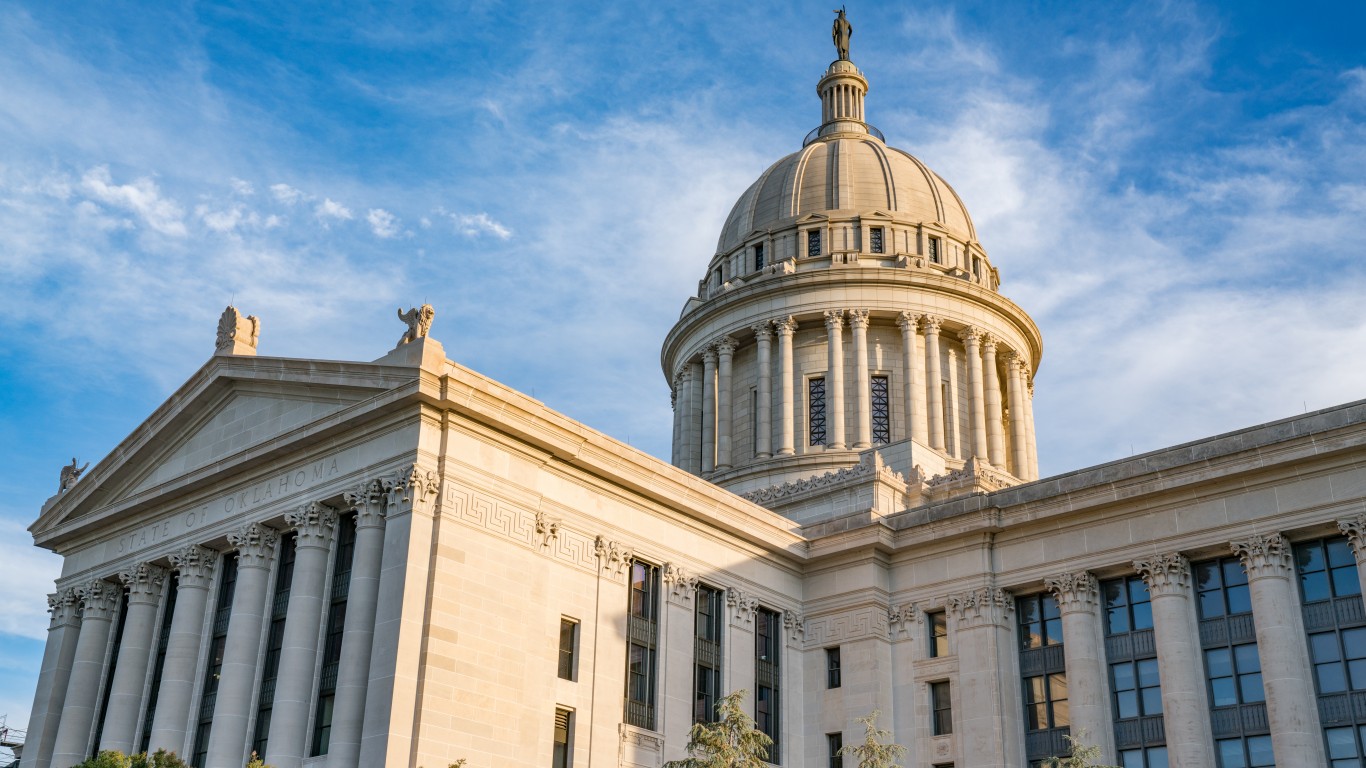
Ryan Walters, the Superintendent of Public Instruction in Oklahoma, mandated last year that public schools place a Bible in every classroom and that teachers be required to incorporate it into instruction. The rationale was that the Bible is a foundational document of Western civilization in general and American history, culture, and jurisprudence in particular.
Pushback in Oklahoma

Some Oklahoma school districts announced they would not follow the new mandate. Several civil liberties organizations filed a lawsuit in October 2024. The Oklahoma Supreme Court blocked the state’s department of education from using taxpayer money on Bibles or biblically oriented instructional materials. The petitioners have asked the court to intervene to stop a donation campaign for Bibles that may fall under the original scope of the lawsuit.
Louisiana’s 10 Commandments Policy
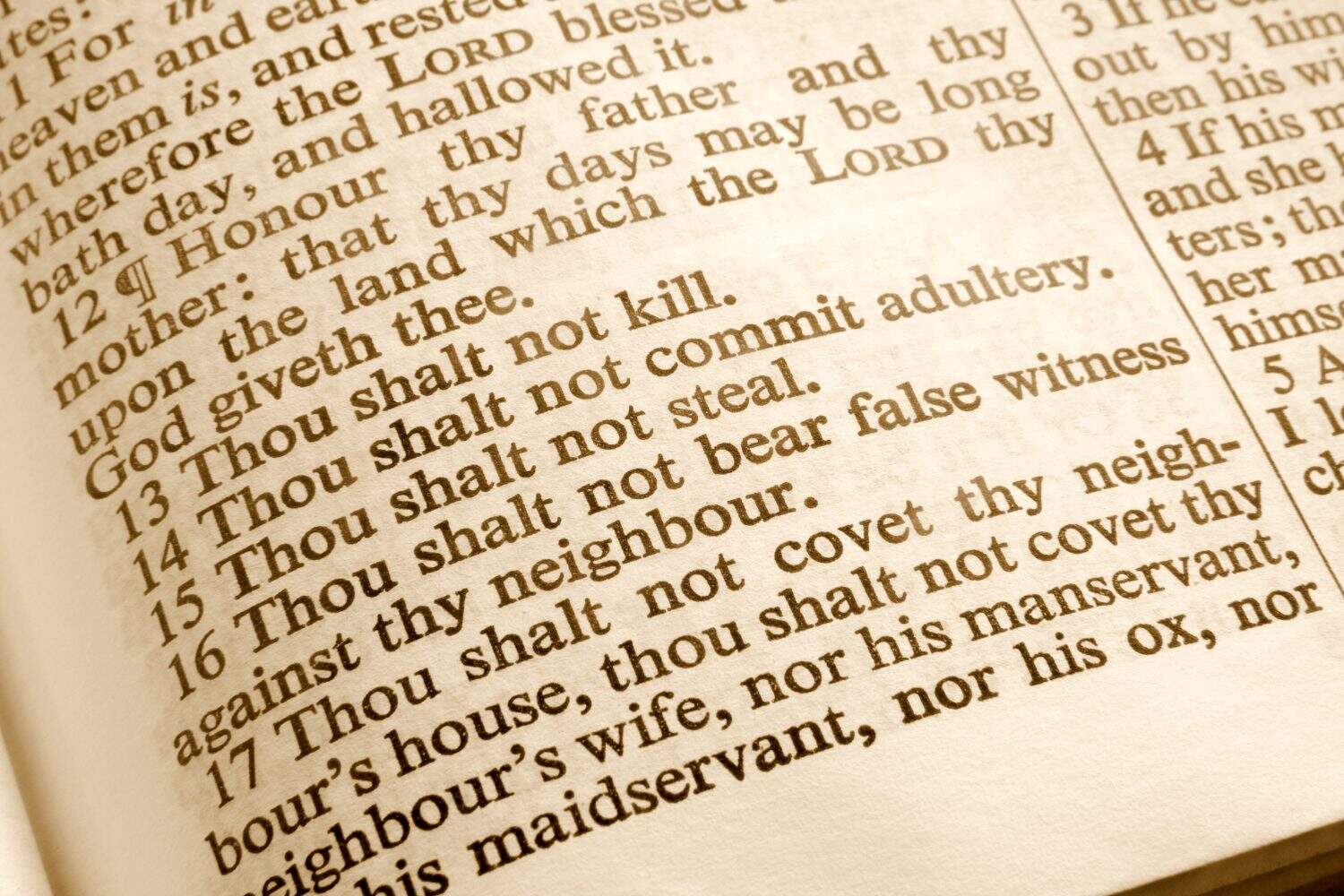
In June 2024, Louisiana Governor Jeff Landry signed a law that would have required all public schools and public-funded universities to display the 10 Commandments in each classroom. By law, a list of these biblical directives in large, easily readable font would be displayed on posters measuring at least 11 x 14 inches along with a “context statement” to explain their significance in the Judeo-Christian tradition.
Louisiana Still in Limbo

The ACLU and other civil liberties groups have filed a lawsuit challenging the constitutionality of the Louisiana legislation. A federal judge has temporarily blocked the law based in part on parallels to a similar law in Kentucky that was struck down in 1980 by the U.S. Supreme Court. The state’s attorney general has appealed the court’s ruling but the outcome remains in legal limbo.
Texas Faith-Based Curriculum
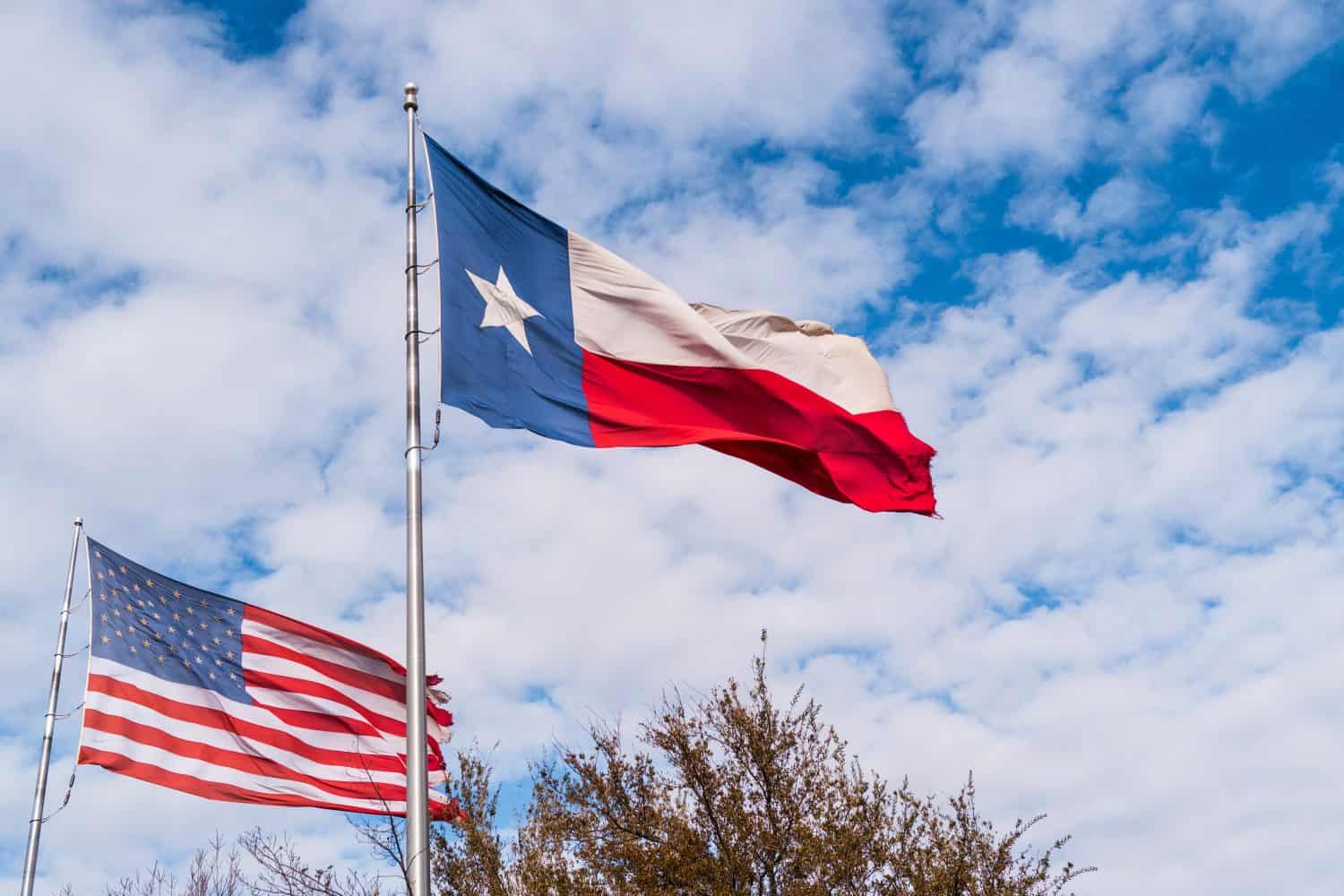
The Texas Education Agency introduced elementary school materials that included biblical references for public review in 2024. The State Board opf Education approved the curriculum in November but made it optional for public school districts. However, school districts are incentivized to use the curriculum with funding bonuses of $60 per student. While not exclusively focused on the Bible, that is the source of most of the faith references in the curriculum.
The Establishment Clause
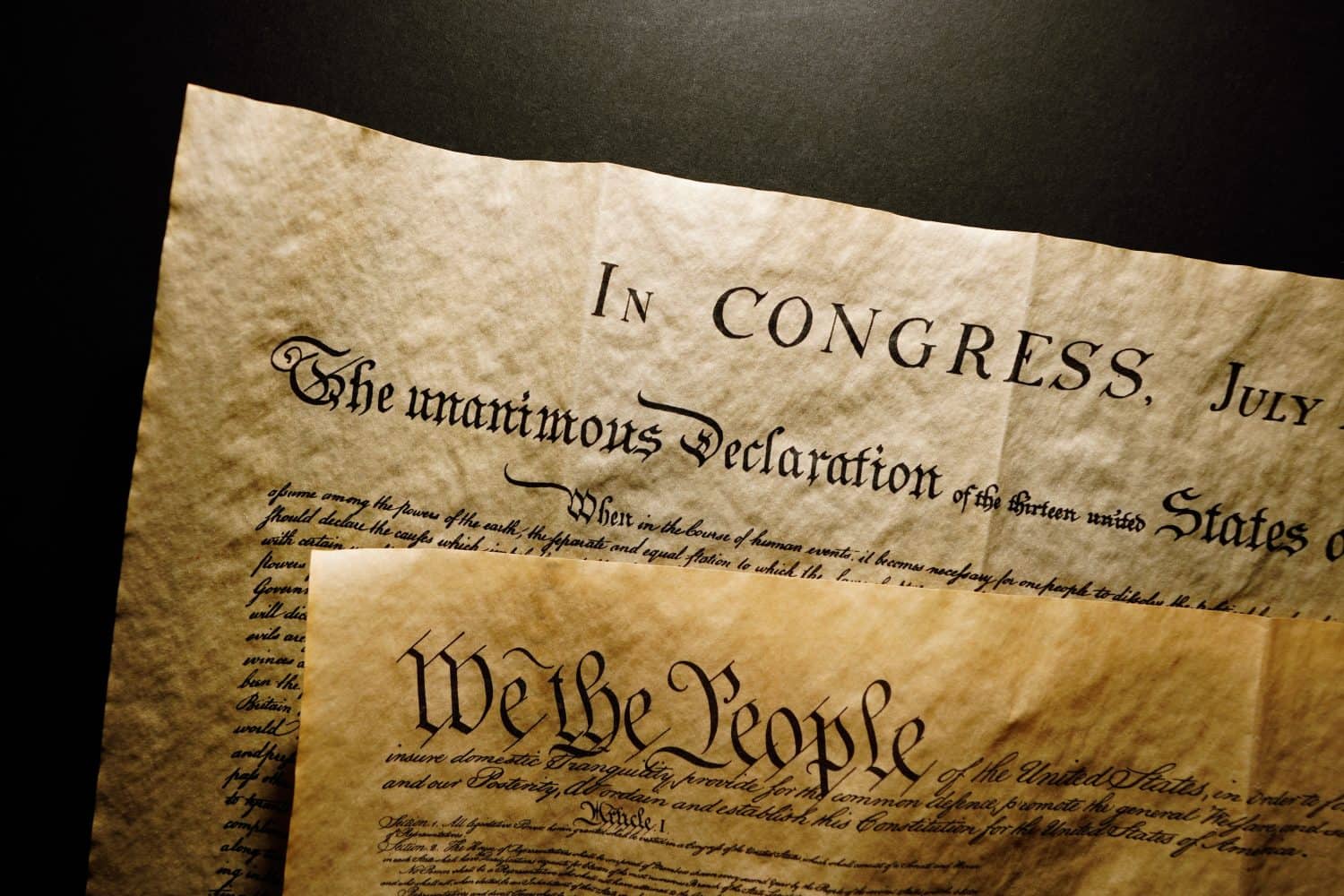
The Establishment Clause of the First Amendment prohibits the government from establishing a state religion. Supreme Court decisions have interpreted this to forbid the government from endorsing, financing, or getting involved in religious activities. In order for the initiatives in Oklahoma, Louisiana, and Texas to stand, it has to be demonstrated that they serve a legitimate secular purpose and are not just about using the government to help a particular religious group promote its beliefs at public expense.
Arguments for Introducing the Bible

Proponents of introducing the Bible or elements of it into public schools say that it is an essential document for understanding Western civilization, U.S. history, literature, and jurisprudence. Some also argue that teaching it can instill moral values that will improve student behavior and enhance education across domains.
Arguments Against Introducing the Bible

Opponents say that introducing the Bible into public schools violates the separation of church and state. It forces taxpayers to support religious instruction, even if by simply using facilities that taxpayers have funded. They contend that it infringes on the rights of students and families from diverse backgrounds, promotes Christianity over other faiths, and can create a discriminatory and hostile learning environment for those who do not share that faith. Some say it can create confusion for younger students who might have difficulty distinguishing between matters of well-accepted fact and faith-based claims.
The Bible Is Already Taught in Public Schools

Interestingly, there is nothing in the law to prohibit the Bible from being taught in public schools as a historical, cultural, or literary text for educational purposes. The Supreme Court has recognized that public schools can constitutionally use the Bible in the study of history, literature, and other aspects of understanding civilization. What schools cannot do, however, is promote religious faith in it or its use for devotional purposes. The key is to maintain a neutral, objective approach toward the Bible as well as the scriptures and cultural products of other faiths.
Implications of Changing the Status Quo

Many proponents of raising the profile of the Bible in public schools hope that doing so will reverse a perceived growing hostility toward Christianity in an increasingly secular culture. This approach could backfire badly, however:
- The perception that Christians are using state power to promote their faith could intensify legal and cultural backlash against them nationwide.
- Broadening legal permission for promoting Christianity in the schools could set a precedent for promoting other religions as well: an outcome conservative Christians may not appreciate.
- School districts may become embroiled in expensive legal battles that will distract energy and resources, causing students’ education, and their parents’ wallets, to suffer.
- Mandating the use of the Bible or biblically-based curriculum by teachers who are not familiar with the Bible or are not believers in it at all can misinform students and conflict with the doctrines of specific denominations and families.
Given the division, expense, and potential downsides for Christians who want to promote their faith, many may find that the status quo ante was quite a bit more to their liking.
The post 3 States Want the Bible In Public Schools. Will Christians Like the Results? appeared first on 24/7 Wall St..




































